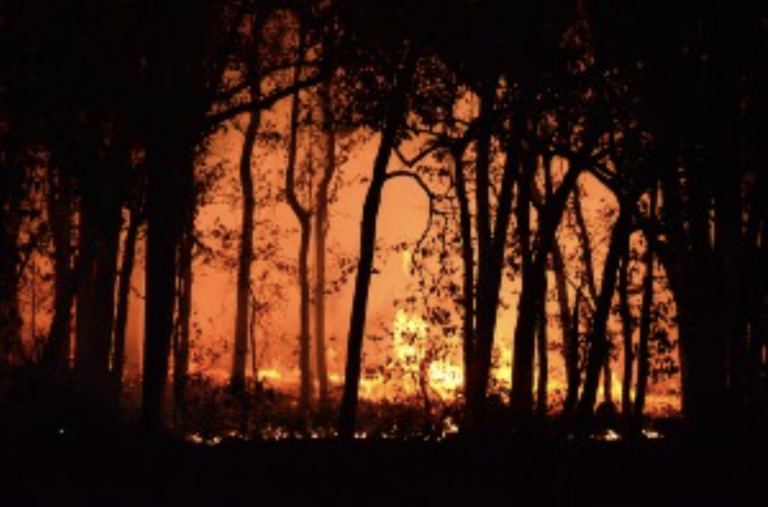According to a recent University of Reading study, extremely hot and dry conditions that currently put parts of the UK in the most severe danger of wildfires once a century could happen every other year in a few decades’ time due to climate change.
The research also revealed that parts of eastern and southern England may be at the very highest danger level on nearly four days per year on average by 2080 with high emissions, compared to once every 50-100 years currently.
Professor Nigel Arnell, a climate scientist at the University of Reading who led the research, said, “Extremely hot and dry conditions that are perfect for large wildfires are currently rare in the UK, but climate change will make them more and more common. In future decades, wildfires could pose as much of a threat to the UK as they currently do in the south of France or parts of Australia.
“This research highlights the growing importance of taking the threat of wildfires seriously in the UK, as they are likely to be an increasing problem in future,” he added.
As part of the study scientists looked at how often different regions of the UK would experience conditions that made it highly likely that any wildfire that occurred would become established. They calculated future fire danger based on the latest UKCP18 climate scenarios with both low and high emissions of greenhouse gases, using a version of the Met Office’s Fire Severity Index, which is used to define levels of wildfire danger.
They found the average number of ‘very high’ danger days each year will increase significantly in all parts of the UK by 2080. Excluding London, southern and eastern England were predicted to be worst affected, with the average number of danger days more than quadrupling, up to 111 days in the South East and 121 days in the East of England on average.
According to the University of Reading, there is no coordinated strategy for wildfire management in England, only a voluntary forum which does not have powers to set standards or guidance. The University of Reading hosts the SPECIAL research group, part of the Leverhulme Centre for Wildfires, Environment and Society. The center is the first to seek to address wildfires from a global perspective, to improve the ability to understand, predict and manage them.



